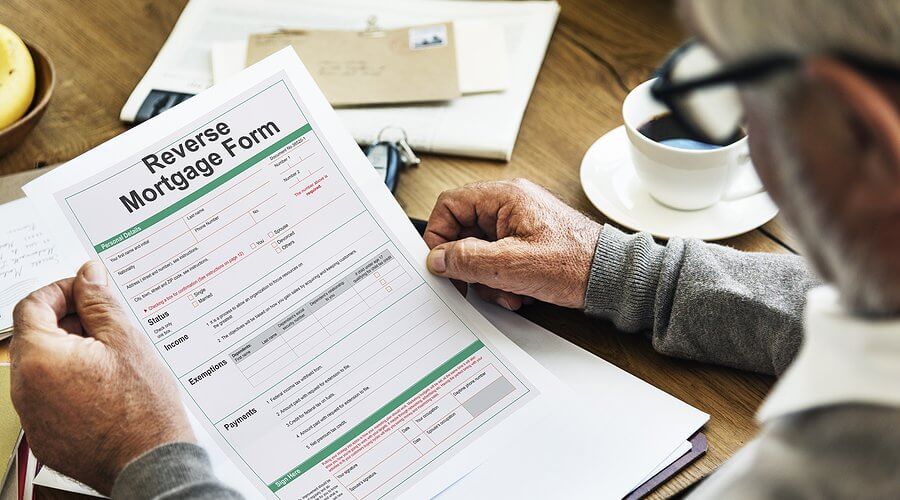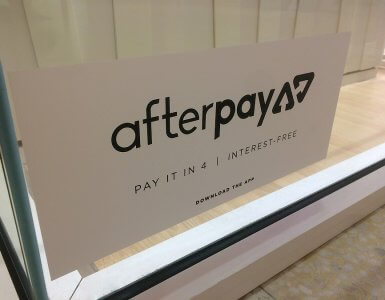A reverse mortgage is a type of loan available to home-owners, typically aged 62 or older, that allows them to convert part of the equity in their home into cash. The key feature of a reverse mortgage is that instead of making monthly payments to a lender, the lender makes payments to the home-owner. Here’s how it works:
1. Eligibility
- The home-owner must be at least 62 years old.
- The home must be their primary residence.
- They must either own the home outright or have a low mortgage balance that can be paid off with proceeds from the reverse mortgage.
2. Loan Amount
- The loan amount is based on factors like the home-owners age, the value of the home, and current interest rates. Older home-owners or those with higher home equity can generally receive larger loans.
3. Payment Options
Home-owners can receive the loan in several ways:
- Lump sum: Receive all the money at once.
- Monthly payments: A fixed monthly amount.
- Line of credit: Draw money as needed.
- Combination: Mix of the above options.
4. No Monthly Payments
Unlike a traditional mortgage, the home-owner does not make monthly mortgage payments. The loan balance grows over time, as interest and fees are added to the balance.
5. Repayment
The loan is typically repaid when the home-owner:
- Sells the home.
- Moves out of the home (e.g., into assisted living).
- Passes away.
The home is sold to repay the loan, but the home-owner (or their heirs) keeps any remaining equity after the loan is paid off. If the home’s value has decreased, reverse mortgages are non-recourse loans, meaning the home-owner or heirs won’t owe more than the home’s value.
6. Costs
Reverse mortgages come with various costs, including:
- Origination fees: Charged by the lender for processing the loan.
- Interest: Accrued over the life of the loan.
- Mortgage insurance premiums: Required for certain types of reverse mortgages (like a Home Equity Conversion Mortgage or HECM).
- Servicing fees: For maintaining the loan.
7. Risks and Considerations
- Home ownership remains: Home-owners continue to own the home, but they must stay current on property taxes, home-owners insurance, and maintenance.
- Reduced inheritance: A reverse mortgage can reduce the equity left in the home for heirs.
- Foreclosure risk: If the home-owner fails to meet obligations like maintaining the home or paying property taxes, the loan can be foreclosed.
A reverse mortgage can be a helpful financial tool for seniors looking to access home equity, but it’s essential to understand the terms and consider the long-term impact.





Add comment